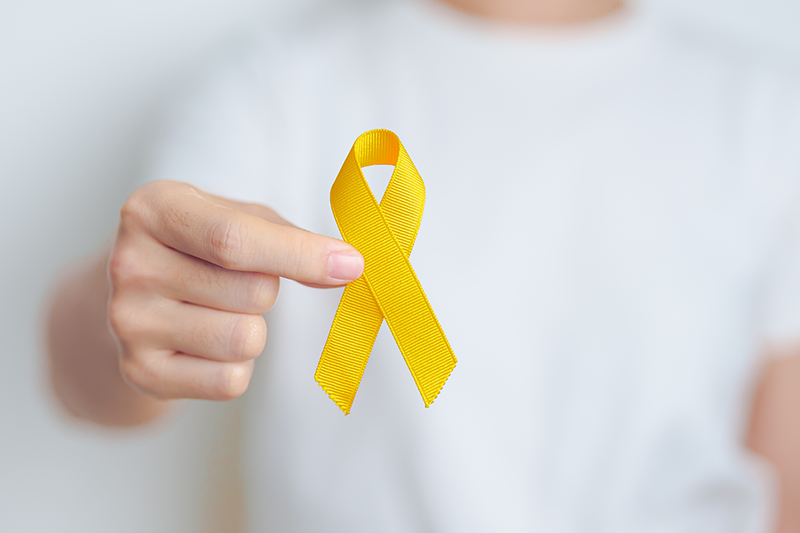The UK’s Worker Protection Act came into force last October; now is the time for all employers to act.
There is a myth that post traumatic stress disorder is something only soldiers or emergency service personnel get. As this report from the BBC highlights, drawing on research published in the Lancet, it is an anxiety disorder which can affect us all. Any kind of trauma, including very personal traumas, even those of which we have no conscious memory, can lead to the condition.
Am explanation of PTSD which makes sense to me (and I am no psychiatrist) is that any significant trauma is likely to have strong emotions attached to it, often involving excessive fear and anxiety - so far so obvious. Ideally, as time passes, our brains manage to sever the link between the memory and the emotions so that we can revisit the memory of the incident(s) without re-experiencing all of the attached emotion. With PTSD, however, that severing does not take place and so the individual will re-experience all those emotions whenever the memory is triggered. That can obviously be hugely distressful and will often lead to elaborate avoidance mechanisms to try to prevent those memories being triggered.
It is relatively simple to understand, in those terms at least, but can be far more difficult to treat and certainly requires expert help. My own treatment for anxiety related problems involved revisiting early traumatic memories and re-experiencing them as an adult, seeking to create an alternative narrative around them to replace the less helpful narrative my childhood self had built up. It was very helpful but it took time and a great deal of expertise.
This research highlights just how many of us may be carrying the impact of traumatic incidents and highlights, once again, the importance of better care for our young people, and a more enlightened approach to supporting people who experience traumas of all kinds.
It is normal and natural to experience strong reactions following a trauma - and remember a trauma can be something as "simple" as being bullied or mistreated by your boss. With the right support and care, they need not develop into PTSD and can even be a development opportunity. We need to be aware, however, that all of our experiences, particularly those that we experience as traumas, will be processed and interpreted deep in our psyche and are likely to have an impact on how we see the world and respond to it. We cannot always just assume our brains will do that in a helpful way, without a little care and attention. Sometimes it needs help and we should not be afraid or embarrassed to seek that help. Without it, it does not always take long for our brains to develop unhelpful learnings which will take much longer to unpick.
PTSD affects 'one in 13 by age of 18'
Related Articles

Creating psychological and challenger safety: a practical guide

5 reasons workplaces should embrace neurodiversity, and learnings from Bahar Khorram vs Capgemini UK




